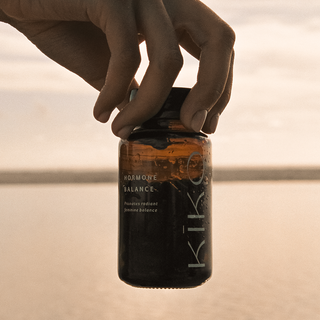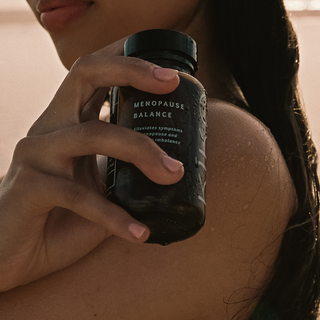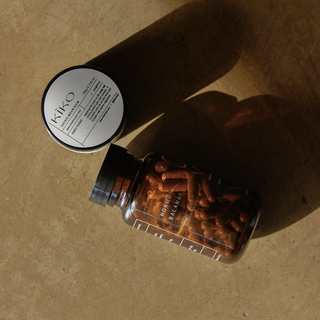One way to avoid having a bloated stomach is to watch what you eat. However, not everyone can afford a healthy diet that will keep them from becoming bloated. But attempting to avoid a variety of foods doesn’t come at a cost.
Instead, you can find alternatives to bloating-causing foods. Bloating is a medical condition that, if left untreated, can cause discomfort and pain. It is critical to monitor what you eat, but it is even more critical to know what you should not eat.
Bloating affects both men and women in South Africa, and treatment is primarily through the foods and beverages we consume, as well as over-the-counter medications and supplements. What we eat may be the most important factor in why people get bloated bellies.
Eating bloating foods should be avoided, especially if one already has a bloated stomach. We’ve compiled a list of 10 foods that cause bloating in South Africans. When you’re bloated, avoid these foods.
The following are the 10 foods that cause bloating.
1. Onions and Garlics
Onions can be found in a variety of foods, including burgers, stew, and other dishes. It is critical to avoid onions when bloated because they contain fructans. Fructans are soluble fibers that have the potential to cause bloating in both men and women.
Garlic contains fructans as well, and as a result, they should be avoided as they are known to cause bloating. Allergies to onions and garlic can result in bloating and gas after eating them. Herbs and spices can be used in place of onions and garlic.
2. Wheat
Wheat causes severe digestive issues in those who are gluten sensitive or have celiac disease. This is due to the presence of a protein known as gluten in wheat. To avoid becoming bloated, avoid eating bread, pasta, and pizza.
Since wheat contains gluten, there are some gluten-free alternatives to wheat products we consume. You can experiment with gluten-free wheat products like buckwheat, pure oats, and almond flour.
3. Broccoli, cabbage, kale
Broccoli, cabbage, and kale may sound like a good option when you’re bloated because of the health benefits they provide.
These green foods are referred to as cruciferous vegetables because they contain Raffinose, a sugar that remains undigested until bacteria in your gut ferment it.
Raffinose, on the other hand, causes gas and makes you feel bloated. These foods’ alternatives include but are not limited to
- lettuce,
- cucumbers, and
- spinach.
4. Beans
Beans are high in fiber and contain oligosaccharides, which may contribute to bloating. Oligosaccharides are sugars that the body finds difficult to digest, resulting in a less healthy gut due to the slow digestion process.
Soaking the beans before cooking them may be a better option than simply putting them in a pot and starting to boil them. Soaking the beans increases their proclivity to produce excess gas during digestion.
5. Barley
Barley is widely used in cereal, and millions of South Africans consume it on a daily basis. Those who aren’t used to eating fiber may experience bloating when they consume barley products. This is due to the high fiber content of barley.
6. Pears
Pears are high in fiber, antioxidants, and vitamins, and they have been linked to bloating and digestive issues. This is because pears contain fructose, a fruit sugar that many people have difficulty digesting.
Pears can be replaced with bananas; blueberries; strawberries; blackberries; or cantaloupe. Cooked pears are also an option because they have been shown to be easy to digest.
7. Alcoholic Beverages
When consumed, alcohol is an inflammatory substance that causes inflammation of the gastrointestinal lining. Since alcohol is drunk in such large quantities in South Africa, it is one of the leading causes of bloating.
One alcoholic beverage that contributes to bloating is beer. Beer contains fermentable carbohydrates like barley and wheat, which are major causes of bloating.
8. Carbonated Beverages
Carbonated beverages contain carbon dioxide gas, which when consumed enters the digestive tract and causes bloating. It is worth noting that carbonated beverages do not induce bloating in everyone, but they are more likely to do so in persons who have hypersensitive stomachs or functional dyspepsia.
9. Dairy
Dairy consumption is likely to cause bloating in those who are lactose intolerant. Lactose intolerant people lack lactase enzymes, which are required to break down and digest lactose.
Due to a lack of lactase in the body, bacteria will feast on the dairy consumed, causing gas and bloating. If you are lactose intolerant, you can try lactose-free products to avoid feeling bloated.
10. Sweeteners
Some sweeteners contain xylitol and sorbitol, both of which can cause bloating and, in some cases, a laxative effect. Since xylitol and sorbitol are difficult to digest, they cause bloating.
Stevia is an alternative to sweeteners because Stevia is not a fermentable carbohydrate, therefore, gas cannot be produced by it.
Conclusion
A range of things, including; foods and beverages, can cause bloating in women. Knowing what not to eat or drink is essential for ensuring that you reduce or eliminate some of the foods and drinks that you consume on a daily basis to avoid or deal with a bloated stomach.




